Step into the captivating world of espionage and double-dealing, where one man’s actions left an indelible mark on history. This is the story of Harold “Kim” Philby, a man who lived a life of secrets and betrayals, balancing the opulence of his aristocratic upbringing with the treachery of a Soviet double agent. From the elite halls of Cambridge University to the covert operations of the intelligence community, Philby’s story is a thrilling dive into the world of espionage, showcasing the allure and consequences of a life lived in the shadows.
The Making of a Double Agent: Philby’s Path to Espionage
Harold Adrian Russell “Kim” Philby, a name synonymous with betrayal and espionage, remains one of the Cold War’s most intriguing figures. His life reads like a spy thriller, full of double-crosses, daring escapes, and unwavering ideological conviction. But who was the man behind the mask? And what might have driven him to betray his country and become a Soviet double agent?
Philby’s journey began in British India, where he was born into a privileged family. Despite this comfortable upbringing, his worldview was shaped by his father’s pro-Arab sentiments and his own experiences witnessing political turmoil in Vienna. These early influences, combined with his burgeoning intellectual curiosity, likely led him down a path towards communism – a path that would ultimately define his life.
During World War II, Philby’s sharp mind and seemingly impeccable credentials landed him a position in the British Intelligence Service (MI6). This was a crucial turning point; it was here, at the heart of British intelligence, that Philby’s double life began. Unbeknownst to his colleagues, he was secretly working for the Soviet Union, feeding them confidential information and undermining Western operations.
Philby’s rise through the ranks of MI6 was nothing short of meteoric. He charmed his way into positions of power, becoming a trusted advisor and confidant. His position as First Secretary to the British Embassy in Washington granted him access to highly sensitive information, which he diligently passed on to his Soviet handlers. He even became a member of the infamous Cambridge Five spy ring, a group of high-ranking British officials who had been recruited by the Soviets during their time at Cambridge University.
A Life of Deception Unravels
For years, Philby led a double life, expertly juggling his loyalty to Britain with his secret allegiance to the Soviet Union. He became known for his intelligence, wit, and unwavering dedication, all the while betraying the very people who trusted him most. However, his carefully constructed web of deceit began to unravel as suspicions arose about his true loyalties.
In 1963, facing mounting evidence and the looming threat of exposure, Philby made a daring escape. He fled to Moscow, leaving behind his family, his career, and his country. This act of defection confirmed what many had suspected – Philby was a Soviet double agent, and the impact of his betrayal was seismic.
The revelation of Philby’s treachery sent shockwaves through the Western world. It severely damaged Anglo-American relations, sowed seeds of distrust within the intelligence community, and compromised countless intelligence operations. The West was left reeling, forced to confront the uncomfortable reality that a man they had trusted so implicitly had been playing them all along.
Life and Legacy in the Soviet Union
In the Soviet Union, however, Philby was hailed as a hero. He was celebrated for his service to the communist cause and his role in undermining the West. As a KGB consultant, he shared his intimate knowledge of Western intelligence practices, further aiding the Soviet Union in the ongoing Cold War.
Despite the passage of time, Philby’s motives remain a source of fascination and debate. Some believe that he was driven by a genuine belief in communist ideals, convinced that he was working towards a greater good. Others speculate that his actions were fueled by a complex mix of personal ambition, a thirst for adventure, or even a subconscious desire to rebel against his privileged upbringing.
The truth, as is often the case with such complex figures, likely lies somewhere in between. Philby’s personality was a tapestry woven from ambition, intelligence, conviction, and perhaps, a healthy dose of self-deception. He was a master manipulator, able to compartmentalize his life and convince himself that his actions were justified.
Philby’s legacy is a complicated one. He was a brilliant intelligence officer, a charismatic personality, and a devoted communist. He was also a traitor who betrayed his country and the trust of those closest to him. His story serves as a stark reminder of the moral ambiguities of espionage, the fragility of trust, and the enduring impact of Cold War secrets.
Harold Adrian Russell Philby’s life continues to fascinate and provoke. He was a man of contradictions, a master of deception, and a figure who embodies the complexities and moral dilemmas of the Cold War era. His story, shrouded in secrecy and intrigue, continues to captivate, leaving us to ponder the motivations of a man who betrayed his country for a cause he held dear.
Philby in Moscow: A Hero’s Welcome and Lingering Shadows
Upon his defection to the Soviet Union in 1963, Kim Philby, the infamous British double agent, was met with open arms. The Soviets viewed him as a prized asset, a man who had so significantly betrayed his homeland and dealt a blow to the Western world. They showered him with a comfortable life, a generous KGB pension, and even a charming dacha. There, he continued to lend his expertise, training aspiring spies and dissecting Western intelligence reports.
But life in Moscow wasn’t all roses for Philby. He may have enjoyed a life of luxury, but it came at a price. The KGB kept a watchful eye on him, and gradually, disillusionment may have begun to set in. Accounts suggest that alcoholism and a profound sense of isolation gnawed at him. The initial hero’s welcome faded, leaving him feeling perhaps like a bird trapped in a gilded cage. The weight of his actions, the choices he had made, seemed to haunt him.
There are differing opinions on Philby’s later years. Some believe that he remained committed to the Soviet cause until his death in 1988. Others suggest that he harbored regrets, feeling deeply conflicted about the path he had chosen. What truly went on in his mind remains a mystery, a tangled web of ideology and personal struggle.
What we do know is that Philby’s defection sent shockwaves through the intelligence community. It exposed the vulnerabilities of these secretive organizations and cast a long shadow of doubt. His story is a source of endless fascination, prompting us to ponder the motivations of double agents, the seductive power of ideologies, and the profound impact one person’s actions can have on the world stage. His life serves as a stark reminder of the complexities of espionage and the enduring consequences of betrayal, particularly during the tumultuous era of the Cold War.
From Kipling to Codename: Why Was Harold Philby Called “Kim”?
We’ve been talking about Harold Adrian Russell Philby, a British intelligence officer who made headlines when he defected to the Soviet Union in 1963. His actions sent shockwaves through the intelligence community, branding him as one of the most damaging double agents in history. Philby’s betrayal had lasting repercussions, deeply impacting the course of the Cold War.
Now, you might be wondering, where does the nickname “Kim” fit into all of this? It’s a bit unusual for a British intelligence officer, wouldn’t you say?
Well, it all goes back to Philby’s days at Cambridge University. His friends there bestowed the nickname “Kim” upon him, drawing inspiration from Rudyard Kipling’s classic novel, Kim.
For those unfamiliar with the story, Kim features an orphaned boy, also named Kim, who is recruited by the British Secret Service. This Kim, clever and full of resourcefulness, quickly proves himself invaluable to the British.
Philby’s Cambridge companions likely saw a striking resemblance between him and Kipling’s character. He possessed the same sharp intellect, unwavering ambition, and a natural aptitude for the world of secrets. It probably felt like a fitting comparison at the time, a bit of playful camaraderie among university friends.
However, as Philby’s life unfolded and his secret allegiances came to light, the nickname “Kim” took on a more somber significance. It became a poignant reminder of his early days, a symbol of the treacherous path he ultimately chose.
A Friend’s Deception: Did Elliott Help Philby Escape?
We’ve been unraveling the mystery surrounding Kim Philby, and a key piece of the puzzle is the role of MI6 officer Nicholas Elliott. Did Elliott, either accidentally or on purpose, pave the way for Philby’s escape? It’s a question that has haunted intelligence circles for decades.
Here’s what we know: Philby had been on the radar of suspicion for years, but Elliott consistently stood by his friend. In a tense turn of events in January 1963, Elliott was dispatched to Beirut to confront Philby directly. When they met, Philby appeared intoxicated and complained of a head injury, which seemed to make Elliott less guarded. However, Philby vanished before a planned interrogation could take place, only to resurface in Moscow weeks later. It was a shocking turn of events that sent shockwaves through the intelligence community.
The circumstances surrounding Philby’s escape are shrouded in mystery and have fueled several compelling theories:
- Did Elliott simply make a mistake? One possibility is that Elliott, blinded by friendship or simply dropping the ball, allowed Philby to slip away.
- Was this a calculated move by MI6? Some speculate that higher-ups in MI6 were aware of Philby’s plan all along and deliberately delayed his arrest, perhaps for reasons of national security that remain murky.
- Or was Philby just too clever? Another theory suggests that Philby, a master manipulator, outsmarted Elliott and orchestrated his own escape, playing everyone like a fiddle.
While we may never know the complete truth, it’s clear that Philby’s escape raises serious questions about Elliott’s actions and judgment. Did he play a part in his friend’s defection, whether consciously or not? The debate continues, and the shadowy world of espionage keeps its secrets close.
Curious about the real-life experiences of Alexandre Colonna Walewski? He was a general, politician, and diplomat who led France to greatness. Learn about the journey of Daniel “Chappie” James, a U.S. Air Force colonel and astronaut who was the first African American to fly in space.
- Unveiling the Enigma: Mansoureh Khojasteh Bagherzadeh’s Public Appearances & Private Life in Iran - July 18, 2025
- Unveiling the Mystery: Mansoureh Khojasteh Bagherzadeh’s Husband: A Rare Glimpse into a Private Life - July 18, 2025
- Unveiling Masoud Khamenei’s Mother: Power, Influence, and Iran’s Future - July 18, 2025
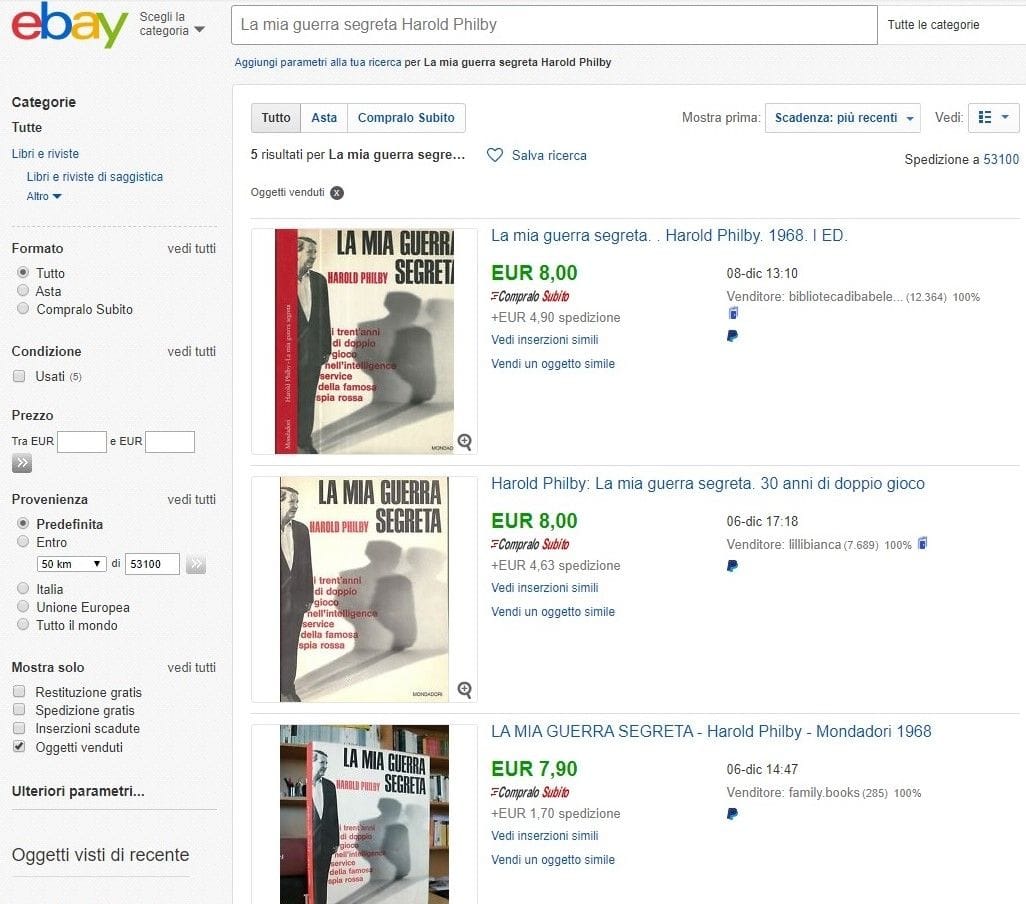

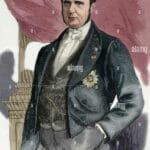
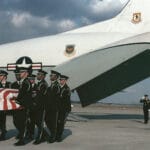

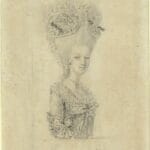
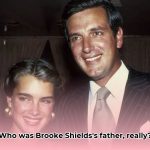










1 thought on “The Life and Treachery of Harold Adrian Russell Philby: A Cold War Spy Story”
Comments are closed.